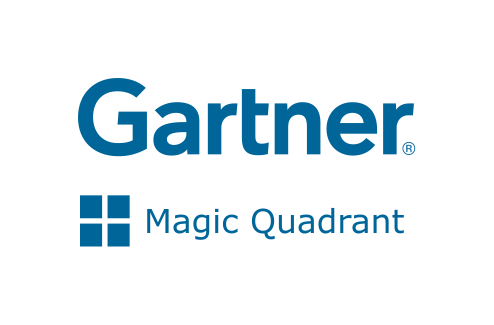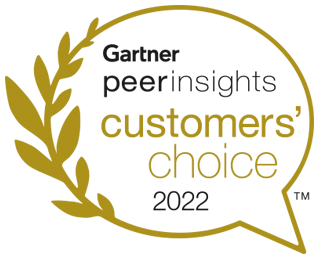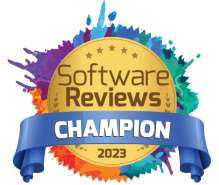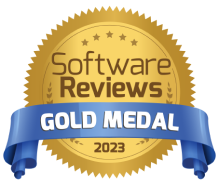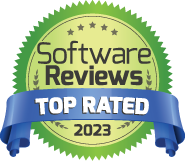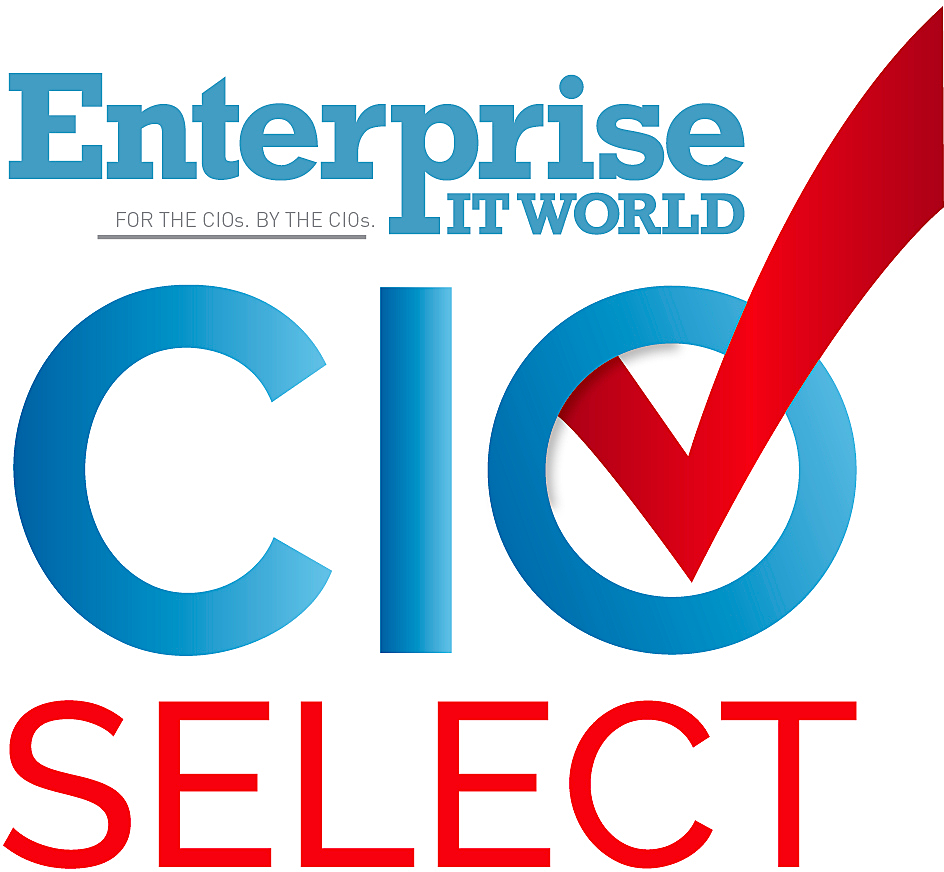Life with Applications Manager
In the one year it has been in operation at the group, Applications Manager has already been deployed at its main data centers in Paris and Brussels.
The scope of Applications Manager includes monitoring of:
- Windows, AIX, HP-UX, Solaris, and Linux (systems monitoring)
- Oracle and MS SQL (database monitoring)
- SAP (ERP monitoring)
- WebLogic and WebSphere (application server monitoring)
- Transactions (URL, FTP)
This scope Alan feels is likely to widen in the days to come:
"Parts of our (IT) infrastructure are outsourced. [Using] a remote monitoring solution is more likely to be accepted by our (IT infrastructure service) providers than agent-based monitoring solutions," says Alan.
The value add for the group has been higher with Applications Manager as right out of the box it gave the company access to exhaustive reports combined with a wide gamut of monitored technologies – without requiring investments in multiple, additional modules. And all this came at a fraction of the competition's price.
Due to the simplistic, intuitive design of the user interface, operating and maintaining Applications Manager doesn't entail a very high degree of technical expertise, which is difficult to find in the job market and is high maintenance.
In the days to come, as the group looks to downsize its expenses on APM vendor licensing contracts, Applications Manager is set to become more pervasive in scope, being an affordable, end-to-end solution.



